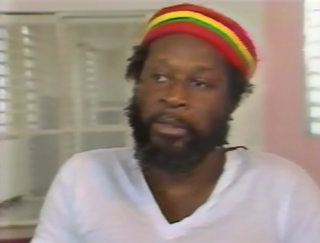A Quote by John Vianney
We put pride into everything like salt. We like to see that our good works are known. If our virtues are seen, we are pleased; if our faults are perceived, we are sad. I remark that in a great many people; if one says anything to them, it disturbs them, it annoys them. The saints were not like that - they were vexed if their virtues were known, and pleased that their imperfections should be seen.
Related Quotes
Happiness is not like we were walking around fingering razor blades or anything like that. But it just sort of seems as if - we sort of knew how happy our parents were, and we would compare our lives with our parents and see that, at least on the surface or according to the criteria that the culture lays down for a successful, happy life, we were actually doing better than a lot of them were.
Maybe it’s not, in the end, the virtues of others that so wrenches our hearts as it is the sense of almost unbearably poignant recognition when we see them at their most base, in their sorrow and gluttony and foolishness. You need the virtues, too—some sort of virtues—but we don’t care about Emma Bovary or Anna Karenina or Raskolnikov because they’re good. We care about them because they’re not admirable, because they’re us, and because great writers have forgiven them for it.
Only the following items should be considered to be grave faults: not respecting another's rights; allowing oneself to be paralyzed by fear; feeling guilty; believing that one does not deserve the good or ill that happens in one's life; being a coward. We will love our enemies, but not make alliances with them. They were placed in our path in order to test our sword, and we should, out of respect for them, struggle against them. We will choose our enemies.
Thyself and thy belongings
Are not thine own so proper, as to waste
Thyself upon thy virtues, they on thee.
Heaven doth with us as we with torches do,
Not light them for themselves; for if our virtues
Did not go forth of us 't were all alike
As if we had them not. Spirits are not finely touch'd
But to fine issues; nor Nature never lends
The smallest scruple of her excellence,
But, like a thrifty goddess, she determines
Herself the glory of a creditor -
Both thanks and use.
I suppose we'll make money off our album and our singles and stuff, but, like, they were made as we wanted them, exactly with what we had to say, and done exactly how we wanted them, right? And, like, we didn't put them out to make money. We put them out because we wanted to do them, do you know what I mean?
Our enemies didn't adhere to the Geneva Convention. Many of my comrades were subjected to very cruel, very inhumane and degrading treatment, a few of them even unto death. But every one of us - every single one of us - knew and took great strength from the belief that we were different from our enemies, that we were better than them, that we, if the roles were reversed, would not disgrace ourselves by committing or countenancing such mistreatment of them.
Strength, Courage, Mastery, and Honor are the alpha virtues of men all over the world. They are the fundamental virtues of men because without them, no 'higher' virtues can be entertained. You need to be alive to philosophize. You can add to these virtues and you can create rules and moral codes to govern them, but if you remove them from the equation altogether you aren't just leaving behind the virtues that are specific to men, you are abandoning the virtues that make civilization possible.





































